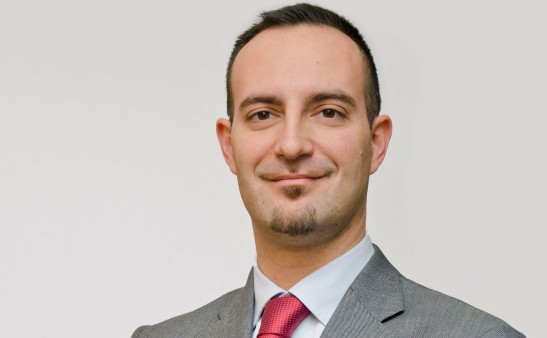Back in 2000 in Madrid, Credit Suisse’s Daniel Rubio and Gregory Ratliff had an idea. At the peak of the financial services industry fortune, they decided to found a company that would act as a deal breaker on behalf of asset management companies who wanted to increase or build from scratch their presence in a new market.
The company was called Capital Strategies Partners and set two main objectives to itself: to represent asset management companies in new markets and to take care of fund distribution through private banks and intermediaries. In 2008, the company registered as an asset management company on the Comision Nacional del Mercado de Valores (CNMV) and was regulated according to the Mifid legislation.
At first, the aim of the company was to give exposure to the Iberian market to some small but valuable boutiques that didn’t have a presence there. Today, it has some €4bn AUM mainly in Southern Europe and Latin America and has spread its presence globally from Spain to Portugal, Italy, Germany, Switzerland, Peru’, Colombia, Brazil and Chile.
Riccardo Milan (pictured), one of the member of the management committee, who is currently in charge of the Lugano’s office, in an interview to InvestmentEurope describes the business as similar to that of a capital introducer in the UK. “However, I’d say what we do is not entirely the same. Our business model is a ‘warmer’ type compared to a ‘cooler’ approach in the UK, which suits southern countries better”.
“For this reason, we continue to work closely with investors once we have introduced them in the new market, therefore I’d say that we are more similar to a third party marketer,” he says.
To explain his job better, Milan says that he sees no substantial difference between what he does and what a salesman from any other asset management companies does internally, if not that he remains with the managers and that he is paid on the basis of business success. “It’s also worth highlighting that, unlike for a salesman from any other big fund house, asset turnover is detrimental to my job,” he adds.
As Milan also explains, Capital Strategies has several boutique each of them specialized in single asset classes, which get selected on the back of a screening analysis that tries to identify the ones that are most likely to deliver best returns in the following three to five years with lowest risk in terms of volatility and maximum drawdown.
Frontier fixed income on the radar
In the search for valuable asset classes, Capital Strategies aims at covering those niche ones that have not filled competitors’ portfolios yet. While the whole fixed income space, mainly meant as credit, is covered, Milan says that the next growth for CSP will be in frontier fixed income, asset class they actually cover through the Danish boutique Global Evolution.
Milan also explains that Capital Strategies Partners does not take any retain fees from the companies they are working with and they work exclusively on a success fee basis avoiding any conflict of interest.
Looking at the client basis, Capital Strategies has so far exclusively worked with institutional clients (both wholesale and pure institutional) and only in the last 12 to 18 months they have been looking to enter the retail distribution business predominantly in Iberia and Italy.
Of the whole institutional side, in Europe 25% of the clients are pure institutional and 75% in wholesale space. While Southern Europe is the most profitable area to date for the business, LatAm (headed by Nicolas Lasarte who joined as third partner in 2005) is an increasingly important region for the company, especially within the pension fund business. With an office in Lima, Capital Strategies focus in pure institutional markets in Peru, Chile, Colombia and Brazil.
Looking ahead to the future, Milan says that, apart from frontier fixed income, micro-finance and absolute return are on Capital Strategies’ top list. “Micro-finance is currently quite attractive to us, as in general we are on the hunt for very low correlation and stable interesting return,” he explains.
Besides that, Milan says that Capital Strategies is always open to evaluate new fund managers as long as they add value to its current offer. “We don’t want to be a fund supermarket,” he concludes.
This interview was published originally by InvestmentEurope, on September 2, 2014.
